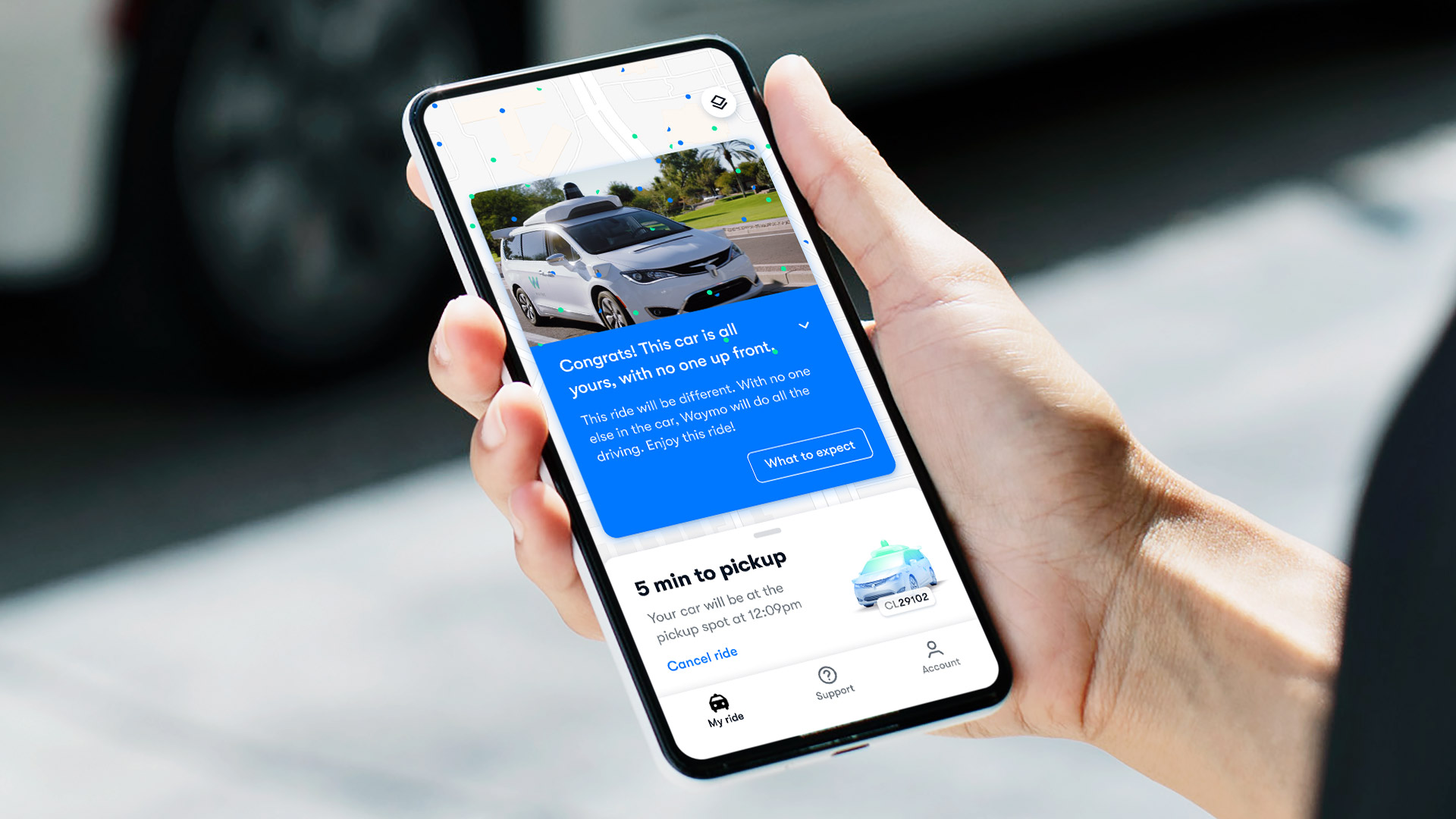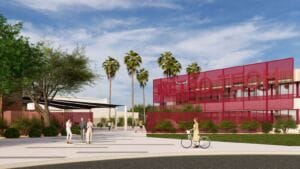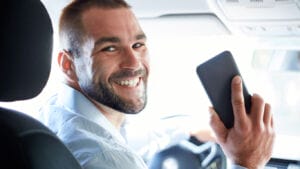Five years ago this month, Steve Mahan, the retired director of the Santa Clara Valley Blind Center, who lost his sight years before, took the world’s first ride in a self-driving car on public roads. This little car, called Firefly, had a top speed of just 25 mph, and used a combination of lidar, radar, cameras, and massive on-board computing power to navigate the busy streets of Austin, Texas.
Since that first ride, which some have called a Kitty Hawk moment of sorts for fully autonomous technology, Waymo has been hard at work to bring the Waymo Driver to more and more people. In 2017, we began our early rider program in the Metro Phoenix area with the next generation of our technology, using the full-size hybrid Chrysler Pacifica. This 4th-generation Waymo Driver was significantly more sophisticated than Firefly’s technology, and for the last year, has pioneered fully driverless, paid rides on high-speed roads across a service area larger than the city of San Francisco.
Over time, as we improved the capability of our Waymo Driver, we increased the scope and quantity of our operations, with 5-10% of our rides in 2020 being fully driverless for our exclusive group of early riders under NDA. We’ve been gathering key learnings from these riders on how to optimize our driverless service experience and continuously improve it (in their words, it’s a magical experience). We also began to offer more people access to our public Waymo One service, with a vehicle operator monitoring the ride.

Beginning today, October 8, we’re excited to open up our fully driverless offering to Waymo One riders. Members of the public service can now take friends and family along on their rides and share their experience with the world. We’ll start with those who are already a part of Waymo One and, over the next several weeks, welcome more people directly into the service through our app (available on Google Play and the App Store). In the near term, 100% of our rides will be fully driverless. We expect our new fully driverless service to be very popular, and we’re thankful to our riders for their patience as we ramp up availability to serve demand. Later this year, after we’ve finished adding in-vehicle barriers between the front row and the rear passenger cabin for in-vehicle hygiene and safety, we’ll also be re-introducing rides with a trained vehicle operator, which will add capacity and allow us to serve a larger geographical area.
We’ve achieved this milestone with the thought and care that our riders expect from us. We’ve enhanced our health and safety policies and procedures throughout our fully-owned fleet, sought the feedback of our team, partners, riders, as well as federal, local, and state authorities, all while continuing to advance the Waymo Driver’s capabilities.
To our entire community: thank you for being a part of this important journey. And to all the Waymonauts who’ve worked so hard getting us here: thanks for your dedication to our mission. Together, we’re building a safe and more accessible future with every autonomous mile we drive.
Check out more on how we’re safely resuming our rider services at waymo.com/coronavirus.
John Krafcik is CEO of Waymo.




